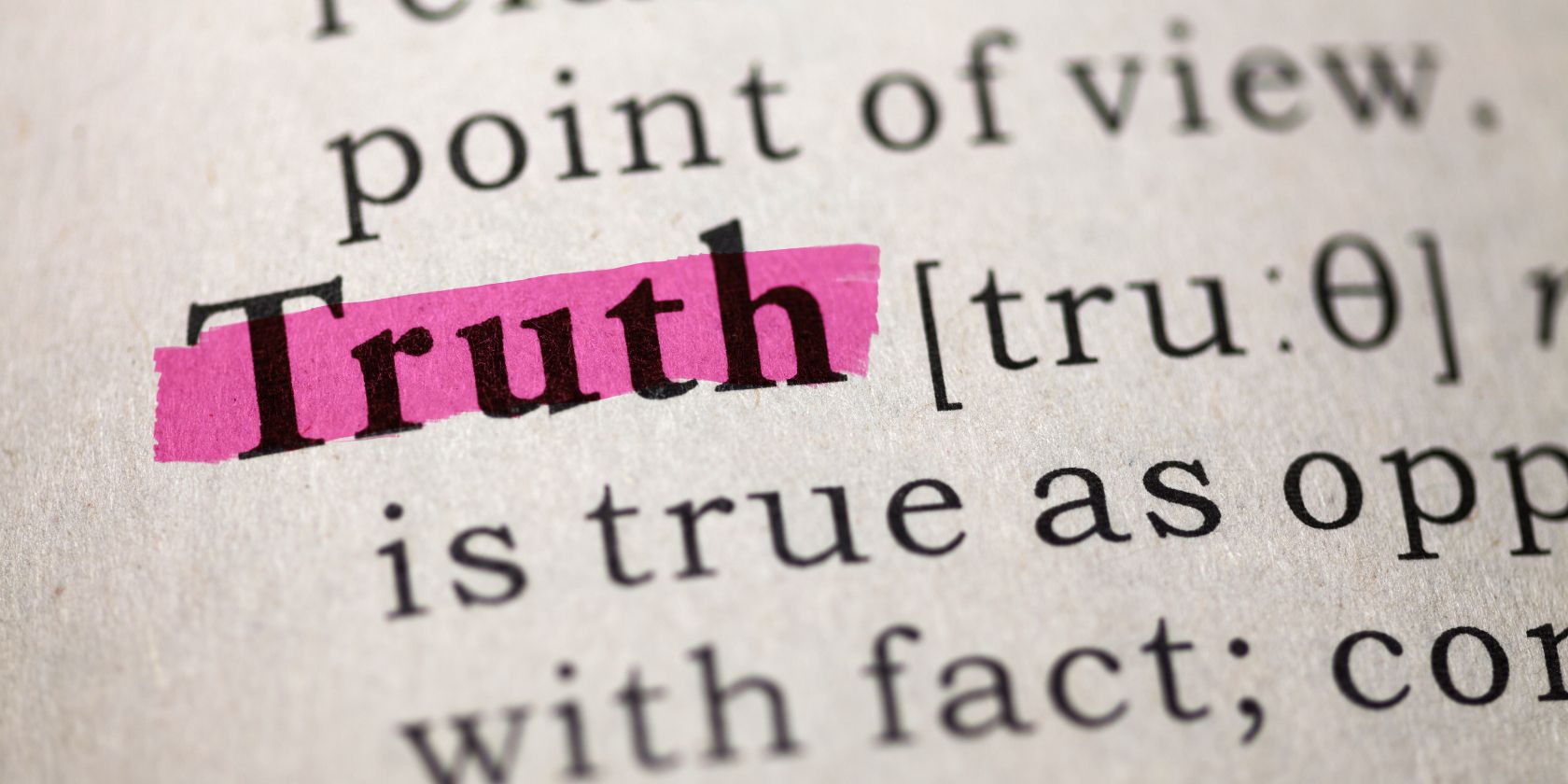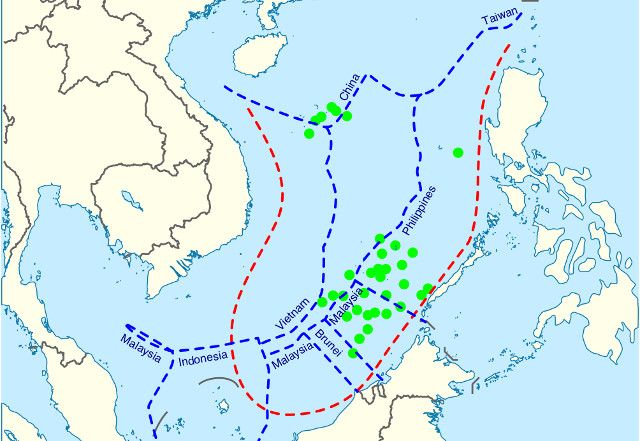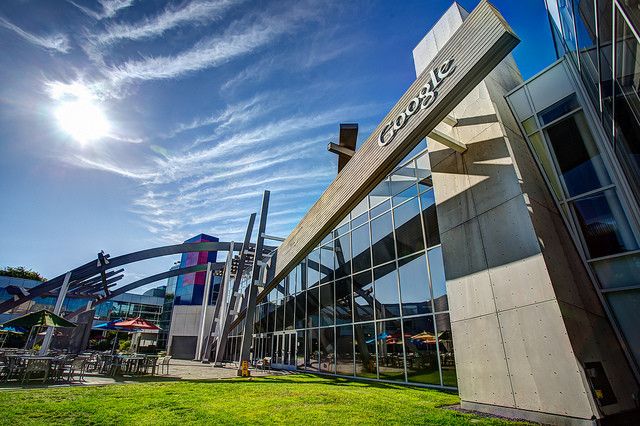What is truth? In the near future, Google might address this question in a new search algorithm. Though the search engine's focus is usually on things like domain authority, updates, and social activity, Google has begun researching whether its algorithm could include truth as a ranking factor. What does that mean for the web?
Just How Smart Can Google Get?
Google is the biggest, most popular search engine out there, thanks in large part to the Google team's assiduous work on the engine's search algorithms, which receive so many updates that it's hard to keep up. When you type in a search query, a large portion of the Internet is scoured by bots and crawlers, and the results are ranked depending on a range of factors. Which factors? Back in 2013, Entrepreneur magazine put together a list of 200 search result ranking factors, including the following:
- domain age
- content length
- keyword in description tag
- priority of page in site map
- mobile optimized
- bounce rate
Although the exact factors and their weights are a closely guarded secret, you can bet that there are even more today.
So why does Google spend so much time and money on perfecting their algorithms? In short, to keep you coming back. The better their search rankings are, the happier you'll be with the results, and the more earning potential Google has. It only makes sense that they'd try to factor truth into their rankings to further improve the results that you get from a search.
How Could a Search Engine Determine Truth?
On a technical level, it's fairly simple. Google has a massive internal database called the Knowledge Graph that stores information about people, places, and things, as well as their connections. These pieces of information are stored in triplets. For example, a triplet could be "Megadeth, recorded, Rust in Peace." We have two entities and their relation. Another example, given by Google in a report, could be "Barack Obama, nationality, American."
The way in which Google would measure the veracity of a particular triplet lies in a simple cross-referencing. If that triplet is repeated on many other sites, and those sites are of high authority, and if the other triplets on the site in question are well-verified, it will get a high "truth score," contributing to its overall ranking. A more technical explanation can be found in Google's published research paper on the topic at arXiv.
What Does This Mean for the Internet?
I've been relatively blasé so far in this article, but this could be a monumental development in search engine technology. Now, backlinks, social shares, keyword density, and other easily manipulable factors will be verified by the trustworthiness of the site based on the veracity of the facts that it contains. That's amazing!
It's clear that this could change the fields of search engine optimization and online marketing — but what's less clear is the implications that it has for the Internet at large. Suddenly, having false facts on your website could hurt your ranking score — which means fact-checking would be much more necessary when building or maintaining a site. In most cases, this is great — the more emphasis we place on truth, the better informed we'll be. Definitely a good thing for the Internet.
But what happens when it comes to disputed facts? For example, the birth and death dates of the Islamic prophet Muhammad? Or the existence of a slave rebellion conspiracy in Antigua in 1736? What about who holds sovereignty over the South China Sea? This is a tiny sampling of a huge range of facts that people don't agree on. And these are relatively simple ones; disagreements over truth can range to much more complicated issues (just look at history's repeated clashes between religion and science, explanations of which can fill entire volumes).
Of course, it seems likely that Google would find a way to keep the Knowledge Graph from taking stances on controversial issues: they certainly don't want to alienate any of the people who could be making them money. But even on less controversial issues, there's still some cause for concern. What about political issues, for example? Just because a certain viewpoint is more common on the websites that Google has crawled doesn't mean that it's any more valid or correct.
Although Google presents a relatively apolitical face (at least outside of DC), its San Francisco Bay origins mean it's quite left-leaning, by American standards, which could influence — if even subconsciously — how the Knowledge Graph works. And Google most certainly does have political interests. According to a 2014 article in the Washington Post [Broken URL Removed], Google pushes its political agenda through "financing sympathetic research at universities and think tanks, investing in nonprofit advocacy groups across the political spectrum, and funding pro-business coalitions cast as public-interest projects".
And even if Google isn't tempted to use the Knowledge Graph to sway public opinion, who's to say other search engines won't? What about Bing? Or Wolfram Alpha? Tech companies are just like other companies: they have interests, and they'll use the means available to them to further those interests.
That doesn't even begin to touch on the potential of blackhat SEO practitioners who will try to find ways to scam the Graph so that whatever company they're working for is portrayed positively by search results. Again, it's in Google's best interest to make the algorithm as scam-resistant as possible, but people are pretty inventive when it comes to getting their websites high on the search engines results pages.
A Whole New World of Issues
Of course, much of this is speculation — a research paper on this truth-detecting algorithm has been published, but we have no details on how exactly Google would integrate this tech into their search algorithm. It feels like a safe assumption to think that it would be quickly added to the page ranking factors, but it's entirely possible that Google has something else up their sleeve that they'll use instead.
What's clear, however, is that "truth-detecting" algorithms bring up a lot of interesting issues. Winston Churchill said that history is written by the victors. That's still true today, though "the victors" now win marketing and media wars, not physical ones, and we now have to interpret if what they're saying is true in the context of what we believe about truth. Is the truth of a fact incontrovertible? Does it reside somewhere outside of society and our beliefs about it? Or is truth decided by democratic means, where the fact with the most support across the Internet wins out?
We'll just have to wait and see.
What do you think about Google's research into truth as a ranking factor in its search results? What issues might it bring up? Share your thoughts below!
Image credits: Dictionary definition of the word Truth (edited) via Shutterstock, Goran Tek-en via Wikimedia Commons, Robbie Shade via flickr



